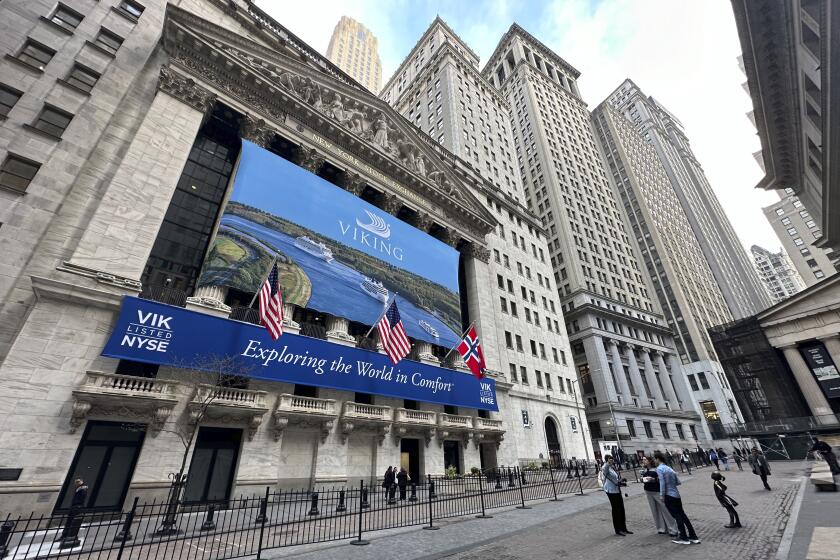Stock Market Cools Real Estate Fever
The stock market comedown has put most new real estate transactions on “hold.” But not even the sagest realty professionals know for how long.
Meantime, it seems apparent that the entire spectrum of real estate faces a “cooling off” period in the next few months. Even before the so-called stock market meltdown, there were strong signs that the long bullish realty market was beginning to taper off. And little wonder.
Real estate, both commercial and residential, had been on a dizzying upward inflationary swing since the latter part of 1982. The down market of 1981-82 gained momentum slowly and then really exploded in 1986-87.
In early October, nationally known housing/realty economist Michael Sumichrast told his newsletter subscribers that the “best is over.” He added that 1988 would bring a “deep decline in overall construction.” He forecast an “investment recession” that will include a “sharp decline in housing.”
He insisted that 1988 would “probably not be a recession year” but he changed that prediction after the stock market plunge and told friends that a recession is possible if the Congress and White House do not come up with a strong program to attack the national deficit and create more confidence in the economy.
Sumichrast, former chief economist and frequent spokesman for the National Assn. of Home Builders, had earlier stated that most stocks were considerably overpriced. He added that next to high interest rates, overbuilding was the second most repressive factor for new construction.
And his capsule view of the housing market that he has followed closely for 20 years was that “we reached the limit of what people can afford to buy at current prices and interest rates.”
A more upbeat view came from Kent W. Colson, executive vice president of NAHB. He foresees lower interest rates and more investments in housing or real estate because of “greater stability and long-term potentials.”
Washington developer Angelo Puglisi said that any downturn in borrowing rates will enhance current realty investments and provide more incentive for new projects, especially those involving multifamily housing and small shopping and office complexes.
F. Joseph Moravec, local head of Leggat McCall Grubb & Ellis, a major commercial brokerage firm, suggested that the stock market downturn created a chilling effect that caused major movers and shakers to reassess their positions and stay put for awhile. If the demand for investment funds declines sharply, then interest rates are likely to decrease too, he added.
Before Wall Street provided bad news, chief economist Lyle Gramley of the Mortgage Bankers Assn. predicted that housing starts would likely fall to about 1.45 million in 1988. He suggested that “after five successive years of strong housing production, backlog of demand from earlier years of high interest rates have largely been filled.” He added that new-home prices had risen “very sharply.”
Although most seasoned realty professionals now agree that residential and commercial real estate will feel the effects of the stock market meltdown, they refuse to abandon their fundamental optimism. “Some of the best real estate buys are made when dark clouds are over the realty market,” said realtor Wallace B. Agnew.
“Sound, deep-pocketed investors often wait for the right time--when prices decline and buyers are scarce--to get some really good properties at highly desirable prices.”
Yet, ever-cautious realty generalist Justin Hinders warned that it might be wise to postpone major decisions until there are clear signs that the economy will rebound, adding that Congress and the Reagan Administration must act decisively to reduce the national budget and foreign trade deficits.
The consensus: Housing and real estate may be the soundest investments on the horizon, but current uncertainty about the total national and international economies creates a “wait-and-see” attitude among both major and minor real estate investors.






